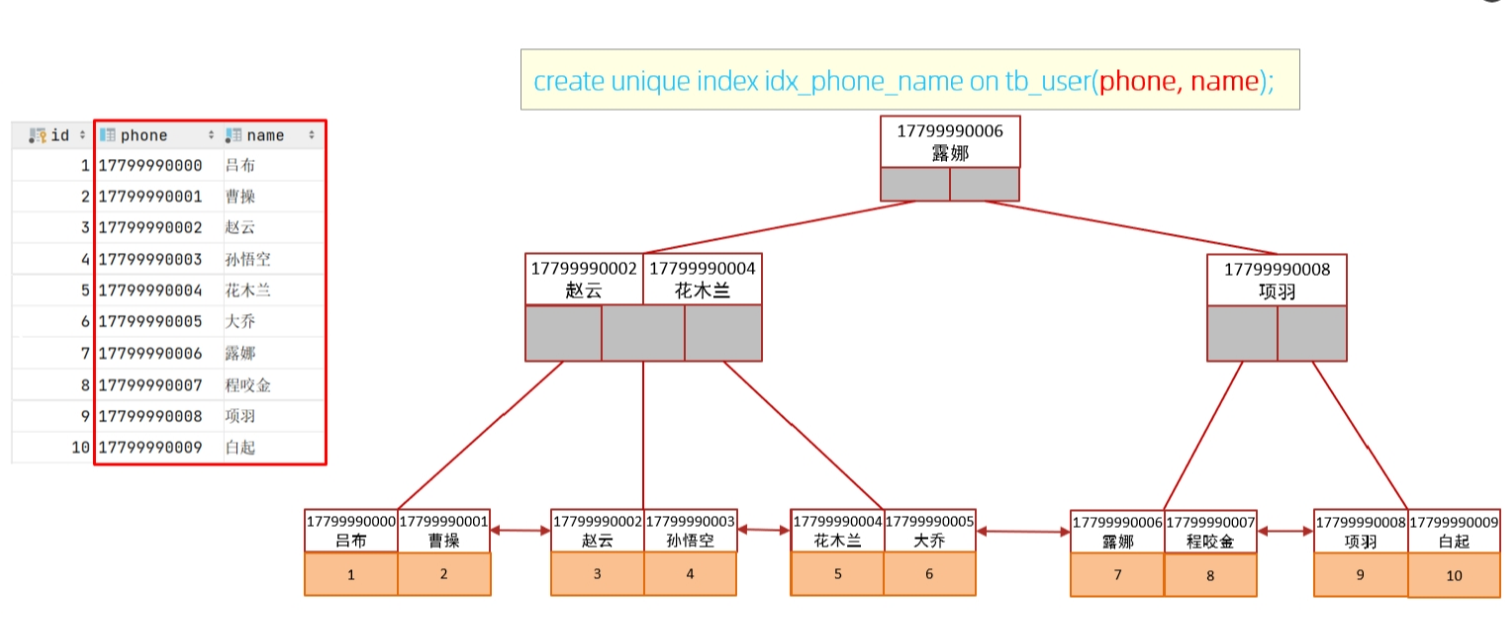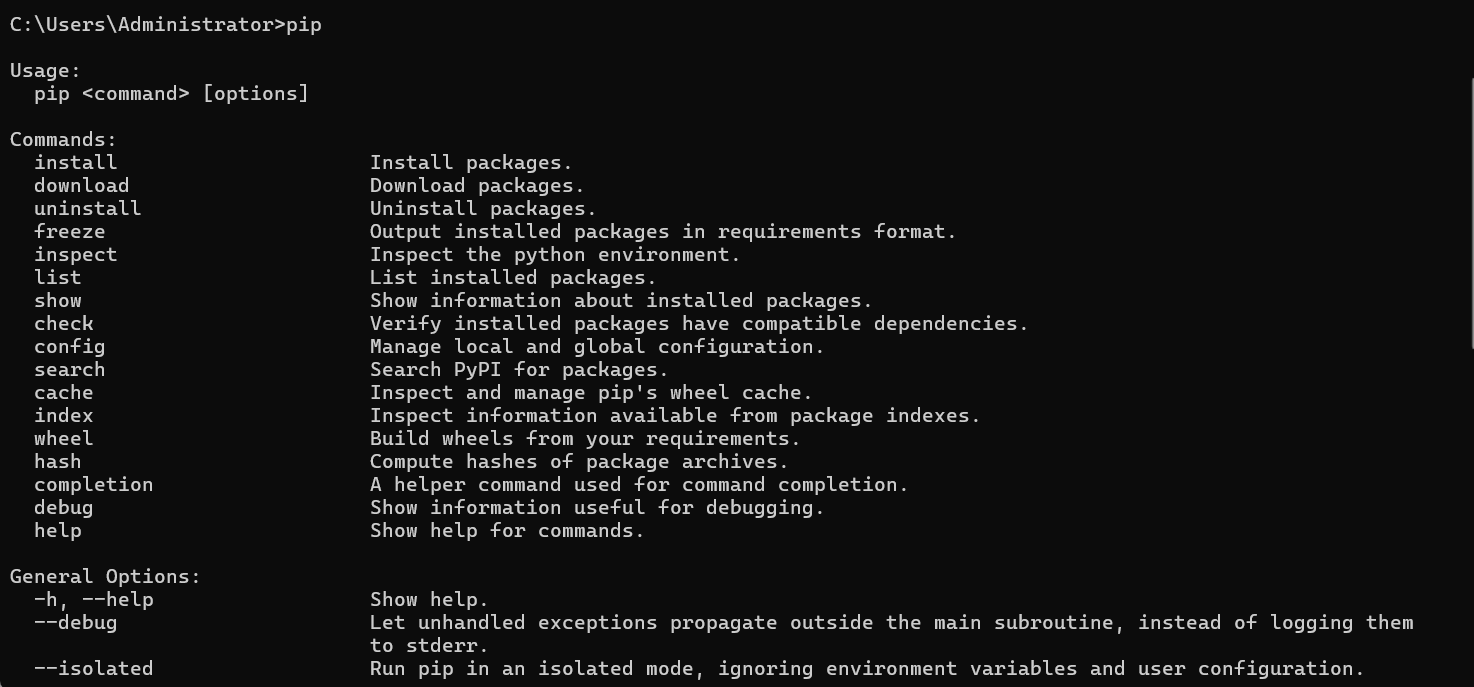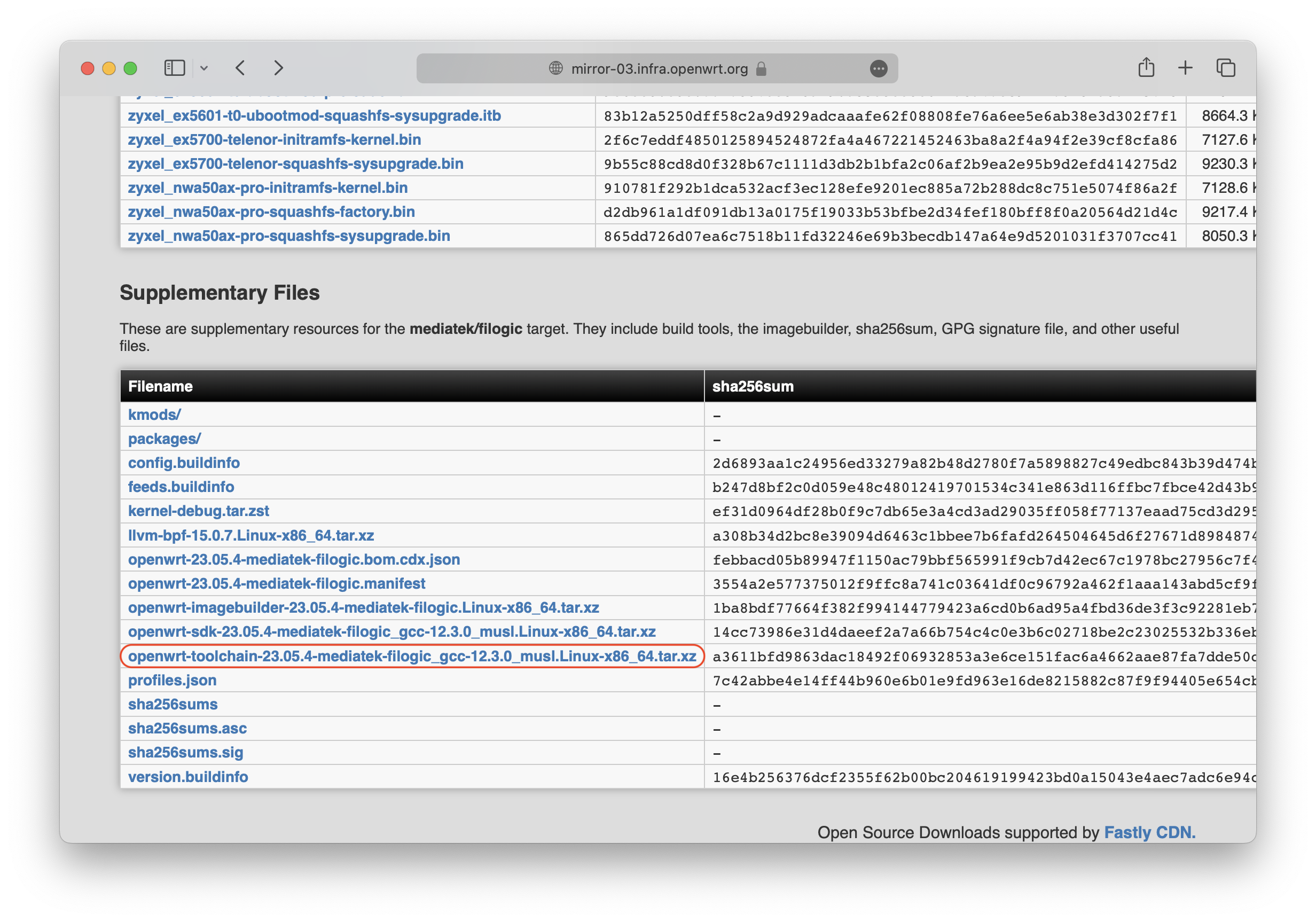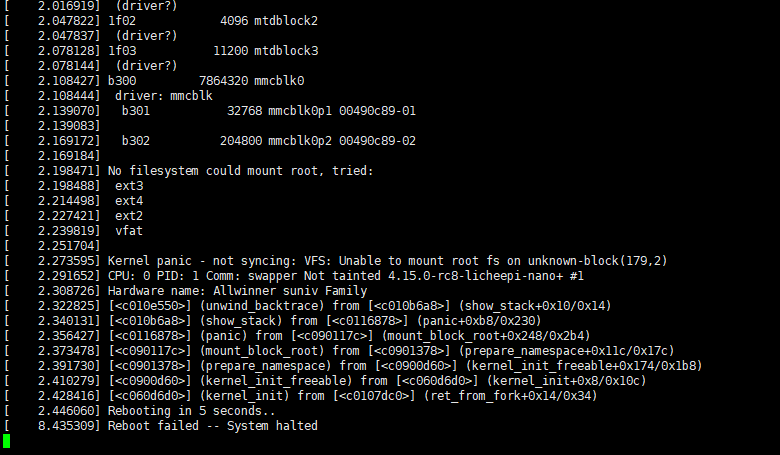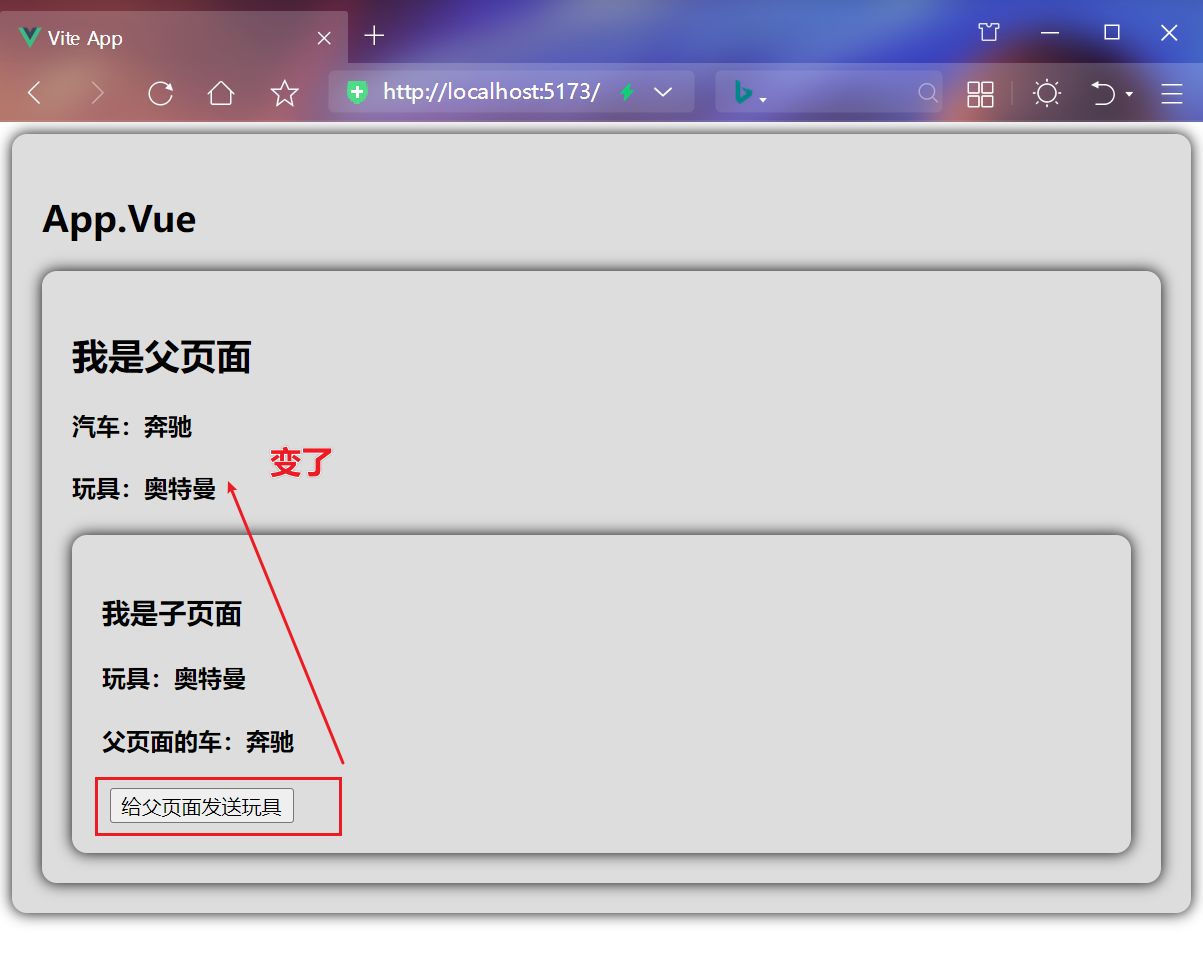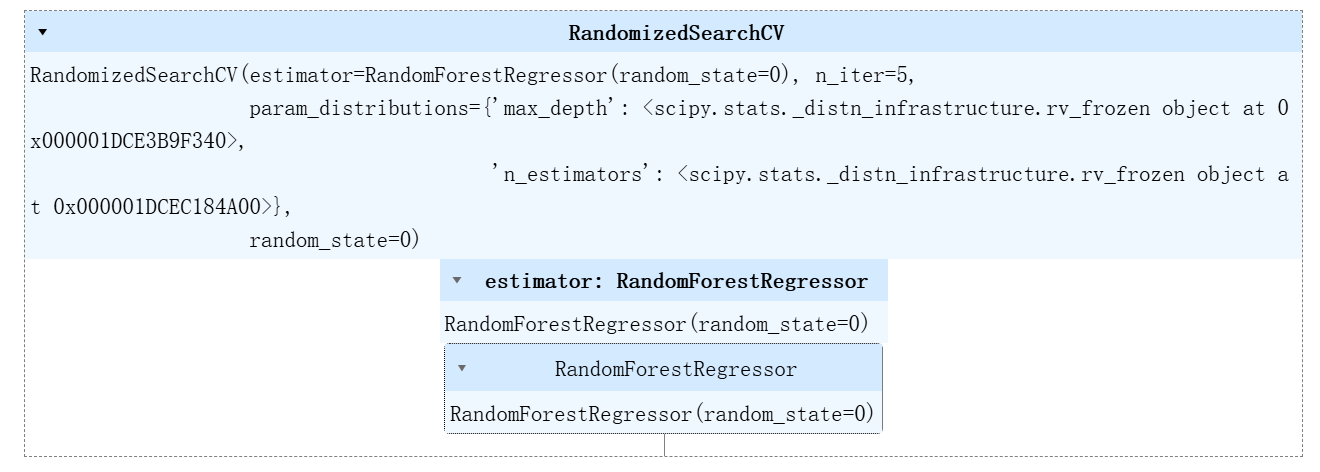https://terenbro.com/blog/11-large-companies-that-use-java
- What is Java?
- Why do Companies Use Java?
- 11 Companies That Use Java
- Overview List of Companies That Use Java
- Consider Terenbro as Your Trusted Partner
- Final Thoughts
TOP-5 Posts
- Popular Java Use Cases in Development
- 11 Large Companies That Use Java
- Complete Guide to Magento 2 Speed Optimization
-
Love or hate it, every programmer has gotten the message — Java is more popular than ever and is not going anywhere anytime soon. Over 90% of Fortune 500 companies are using Java, right from budding startups to elite businesses.
From the reels you watch on TikTok and the queries you make on Google to the movies you watch on Netflix and the products you buy on Amazon, Java is a fraction that makes the whole. This prevailing use among scalable enterprise applications is due to its key benefits like tight security, scalability, and portability. No wonder why expert Java software and web developers remain on-demand even as coding paradigms and trends continue to change.
However, there’s a catch: while Java is a relatively easy programming language, it may seem too challenging for startup business owners, especially those with little or no coding background.
So, is Java worth it? What are the big companies that use Java? We have hand-picked 11 large companies that use Java to set themselves apart, giving the language a good name and showing that it works. But first, let’s address the basics.
-
What is Java?
Developed in 1995, Java is a platform-independent, high-performing, object-oriented programming language for coding server-side web apps, enterprise software, mobile apps, desktop apps, and big data applications that work on Android, iOS, Windows, Mac, Linux, and other OSs. Suffice it to say you can do pretty much anything with Java because it’s versatile, free to use, and builds modern apps that integrate next-gen technologies like virtual reality or machine learning.
Running on billions of devices, Java works on the principle of WORA — Write Once and Run Anywhere. This means that you can program a Java code once and expect it to run on any Java-compatible system without any adjustments. Tech giants and big companies use Java for its dual function — it serves as both a programming language and a software platform, enhancing its portability.
Having stood the test of time, many programming thought leaders believe that Java is future-proof, thanks to its ability to work with complex data sets and tremendous amounts of real-time data. And as artificial intelligence will play a huge role in most future solutions, Java will remain the leading player because it forms the powerhouse of AI app development, like deep learning and natural language processing.
-
Why do Companies Use Java?
Companies that care about top-level security use Java-based ERP systems to handle data and operations. Java’s vulnerability score has been constantly dropping over the years, making the language a safe haven for businesses across many industries. If you are wondering which companies use Java, they include finance, e-commerce, real estate, healthcare, education, insurance, manufacturing, energy, and many more industries.
But to every keen observer, the real question is, “Why do they use it?”.
The benefits of Java for app development include:
- Java is Relatively Simple
Unlike complex languages like C and C++, Java’s English-like syntax is pretty straightforward and easy to learn, write, compile, maintain, and debug. Unnecessary and prone to errors features of the C programming series, such as storage classes, explicit pointers concept, tape overloading, and many more, are removed from Java.
- Java is Object-Oriented
In sharp contrast to procedural programming, Java is an object-oriented language that deals with creating objects containing data and methods. It works by binding the functions and data in one single unit, keeping it DRY (Don’t Repeat Yourself). Such a concept allows you to create intuitive, well-structured, and manageable programs.
- Java is Secured
Java doesn’t use explicit pointers that store memory addresses of another value, giving room for unauthorized access to memory. It’s pretty simple — no pointers mean no direct memory manipulation and no risk of memory breach.
Also, each application running on Java has a Security Manager, which determines the access rules for classes. That is, if someone tries any unauthorized actions using Java code, it will act as a gatekeeper restricting certain operations.
- Java is Platform-Independent
When compared to other programming languages that run only on specific hardware, Java is economical to execute and maintain. Java’s byte or compiled code is platform-independent and practically runs on any machine, regardless of its operating system. This is achieved thanks to the Java Virtual Machine (JVM), which transforms written code into a platform-neutral language compatible with any device.
- Java Allows Multithreading
As the name implies, multithreading is a programming concept that takes task execution to another level. It allows developers to create multiple units of thread and execute them in parallel.
Sign Up for our newsletter
Get front-row industry with our monthly newsletter
-
11 Companies That Use Java
Now that you have a clear understanding of what Java is and what it can do for your company, here’s a closer analysis of 11 companies that code in Java.
Microsoft

It’s impossible to discuss what big companies prefer Java without mentioning Microsoft. Having over 2 million JVMs running in internal systems across the company, the big tech giant counts on Java solutions to drive its data pipeline. Microsoft's subsidiaries like LinkedIn, Bing, and Yammer are heavy Java users, with LinkedIn boasting more than 43 million Java codes contained in 400,000 files. A perfect real-life example is LinkedIn’s “People you may know” feature, which is a Java-powered microservice that boosts the company’s UX.
Google

It’s safe to bet that you’re using one of Google’s products, whether it's their most popular web browser, search engine, or both. Java is one of its official server-side programming languages, alongside Python, C++, and Go. Because Java is an OOP language, Google uses Java frameworks for convenient backend networking, coding servers, and creating user interfaces.
Amazon

When it comes to web development, big data, and app development, Java is top of the list as one of Amazon’s favorite programming languages. The company uses Java for backend software engineering to ensure the security of sensitive customer data and maintain its legacy systems.
Accenture

With a net worth of nearly $200B, Accenture is one of the leading global businesses using Java. The use of Java for Accenture’s backend software development is dictated by the need for a stable and highly scalable system.
Uber

Another big player who uses Java is Uber. Headquartered in San Francisco, Uber offers ride-share and food delivery services to over 130 million users worldwide. Java, alongside Node.js, Python, and Go, powers Uber services as a functional piece of the company’s tech stack. The aim is to make riders and passengers feel safe and secure with a highly protected and efficient system.
Spotify

Spotify, a music streaming giant, has been the listener’s favorite for a long time, thanks to its architectural development. Although Spotify has other programming languages in the tech stack, the company uses Java for its backend to ensure compatibility across all platforms and OSs and manage the demanding streaming system.
Netflix

Netflix is a global content platform where users can binge-watch movies, TV shows, and all kinds of content from a singular web app. It's not news that Netflix is using Java for backend development and demand engineering to take advantage of its robust ecosystem and multiple tools and frameworks for building and managing the streaming platform.
Instagram

This huge META platform thought long and hard about the choice of programming language for implementing its ideas. Instagram is using Python where it can and Java where it must. This solidifies what all the developers already know — No enterprise business can fully toss Java in the bin.
eBay

eBay, a popular eCommerce business, is mostly run on a Java-based technologies. In fact, the company’s entire workflow centers around Java and Java virtual machines. They believe Java programming language is ideal for their backend development because it is versatile, scalable, and stable.
Airbnb

Airbnb quickly became the most popular vacation rental in the world. The company has booked over one billion stays for its 150 million users. To handle this huge database, the company uses Java and some other languages for its server-side development.
Zillow

Zillow, the real estate platform that doesn’t get enough credit for coining its own estimate model (Zestimate), is one of the most visited real estate and rental marketplaces in the world. It is dedicated to helping homeowners, renters, buyers, and sellers to advertise and connect. Java maintains the brand’s backend and has helped the company evolve and scale up over the years.
-
Overview List of Companies That Use Java
Below is an overview list of what big companies code in Java, including their estimated number of employees, framework, and capabilities.
Top Companies Using Java Estimated Employee Number Framework Used Java-Powered Capabilities Microsoft 221,000 Spring Boot Software development Google 178,238 Google Web Toolkit (GWT), Guice Android development — backend networking, user interface, and coding servers Amazon 1,541,000 Spring Boot Web development, software development Accenture 699,000 Hibernate, Struts Software development Uber 32,800 Spring Boot Android app development Spotify 8,359 Spring Frontend development Netflix 12,800 Spring Boot Core backend development Instagram 450 Hibernate Software development and support eBay 13,300 Spring, Apache Struts Backend engineering and support Airbnb 5,597 Dropwizard Server-side software development Zillow 8,005 Spring Software development -
Consider Terenbro as Your Trusted Partner
At Terenbro, we have an unmatched passion for Java web and application development. In our 4+ years of existence, we have used our experience and expertise to deliver Java development services to our tech buddies. Bring your ideas, and we’ll organize and recommend an unbeatable tech stack that will set you on a record for success.
We’re not all talk, no action. We will analyze your special requirements and can utilize Java only or combine Java with other saturated technologies such as Angular or React. Terenbro is also known for our customer-centric work approach, as we actively keep our clients in the loop every step of the way.
What’s more? We are not afraid of complex projects because our outsourcing team is always ready to get specific professionals on board to handle every technical problem.
-
Final Thoughts
Now you understand what and why big companies prefer Java for their enterprise businesses. In comparison to its peers, Java has a robust market share, and every available trend and metric indicates that it will continue to thrive. After all, software-based business models are incomplete without an Android mobile version, and there is currently no better language for developing one.
While it’s true that some modern programming languages have a competitive advantage over Java in the short term, Java is still right there in the top 5. So, if you're interested in developing a scalable, secure, and stable solution, hire our dedicated team at Terenbro, and we will take your Java project to the next level.
